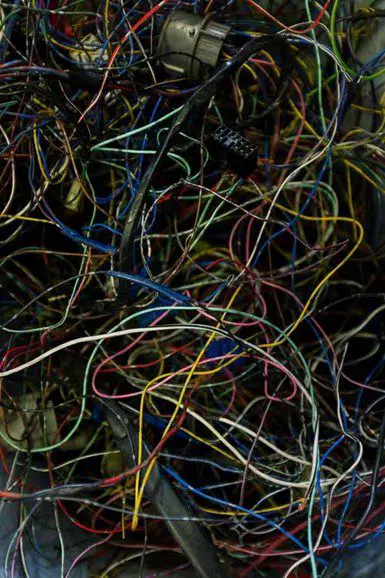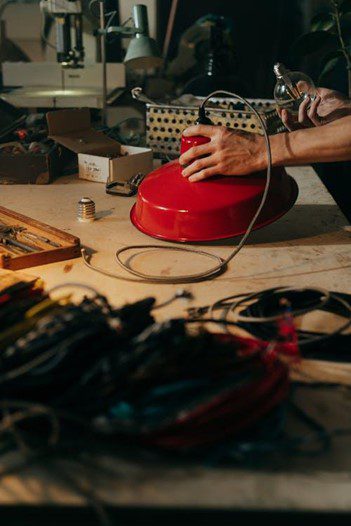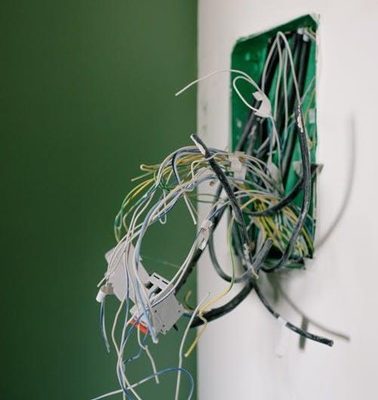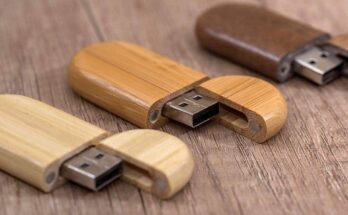Although electricity has enhanced our lives in many ways, it still carries some risks. Wiring electrical equipment is a potentially dangerous task if done incorrectly. If even the most experienced electrician is not aware of the proper trick, they should not work on electrical wiring. Hire the best and experienced Electricians Brighton for your home wiring for safety.
https://www.pexels.com/photo/power-socket-during-construction-on-building-5691642/
Although you may have years of wiring experience, you may not know all the tricks. We gathered the knowledge and expertise of master electricians with decades of experience between them. This guide will help you wire better, faster, and neater, whether you are straightening cable or labeling wires or cords like c13 plug. Below are some electrical safety tips that every homeowner should know.
Easily uncoil cable without kinks
You can much more easily thread plastic-sheathed cables through holes if you straighten them out beforehand. Lift a few coils from the center of the roll and toss them across the floor as you were throwing a rope.

https://www.pexels.com/photo/blue-yellow-and-red-coated-wires-4480541/
Continue to straighten the cable as you walk along with it. Electrical professionals prefer this method because they can store cables neatly in a plastic wrapper and handle them more easily.
Electrical tools you need to have
If you’re planning to do any electrical work, flex bits and glow rods are two tools you’ll likely need – the tools used to fish wires.
The flex bits were developed to drill holes in the areas which are relatively difficult to reach. A standard length is 5 ft., but extensions are also available. After you drill the hole, you can attach your fishing wire to the eyelet at the end of the glow rod and pull it back through the hole.
Glowing rods emit visible light in the dark. This masks them easier to spot when you are working in darker areas.
Take off the cable sheathing from underground feeders.
Cables for underground feeding are covered with tough plastic sheathing. Because of this, they can be buried directly in the ground without going through the conduit. If you don’t know the trick, it’s hard to remove the tough sheathing.
With a plier, take hold of each black and white wire and twist it apart from the bare copper wire. Divide each wire into a foot-long section. Take two pliers and grab both ends of the wire and the sheathing, pulling them apart. You can peel off the top sheathing and cut the extra sheathing loose with scissors or a knife after it has separated.
Before touching wires, test them

https://www.pexels.com/photo/person-holding-red-round-plastic-container-5090638/
When you’ve done all that wiring, it’s easy to become complacent about whether the power is off – but don’t let it happen! If you are working on wire boxes or areas that contain wires, use a non-contact voltage detector to check every wire.
If the tester isn’t working, test it on a live wire or cord before relying on it.
Fish tape connection with no snags
As you pull back your fish tape after all the trouble of bringing it to its destination, the last thing you want is to lose the cable or have the tape getting stuck on something inside the wall.
Peel off an 8-inch strip of cable to begin. Remove all wires except one using side cutters. To avoid a “shoulder” from catching on something, cut at a steep angle. Finally, wrap the wire around the loop on the end of the fish tape, and form a smooth bundle by wrapping it with electrical tape. With the wire now pushed and fished freely, there is no worry about getting caught on something.
Testing GFCI Outlets
Every year, ground fault circuit interrupters protect hundreds of lives by sensing dangerous current flows and shutting off the power. A GFCI wears out after ten years or so due to its sensitive circuitry. A GFCI’s test button usually doesn’t indicate anything is wrong. The power will immediately shut when you press the button. So the only reliable way to check an older GFCI is to use a circuit tester with its GFCI test button.
Connect the tester and press the test button. When the power goes off, the GFCI is functioning. Reset the power by pressing the reset button. Replace the GFCI if the power does not go off.
GFCIs don’t need circuit testers, so you won’t need to buy one. GFCIs manufactured after 2006 will notify you if they fail. Almost all of them shut off power permanently when they fail.
Eventually, your GFCI and any connected devices will stop working, and you’ll have to replace them. Also, you can prefer the Flexible Conduit Systems a durable tube that protects electrical wiring in enclosed areas with hard turns,
Push Through Additional Wire
If you plan to pull the wire toward you, make sure there are more than enough hooks to grab onto. Wires can be tricky to grasp for a very long period, but once they are, you want them to stay hooked.
As you pull the hook through, make sure you have an additional five to six feet of wire to keep the tension on it.
To Conclude:
Electricity is a significant part of our lives, and using it safely is of importance. Every year, thousands of people worldwide suffer from injury and electrocution due to electrical accidents and electrical fires in their homes. Preventing these injuries and fire will be easy by understanding basic electrical safety practices and following the tips mentioned above for electrical wiring safety.



